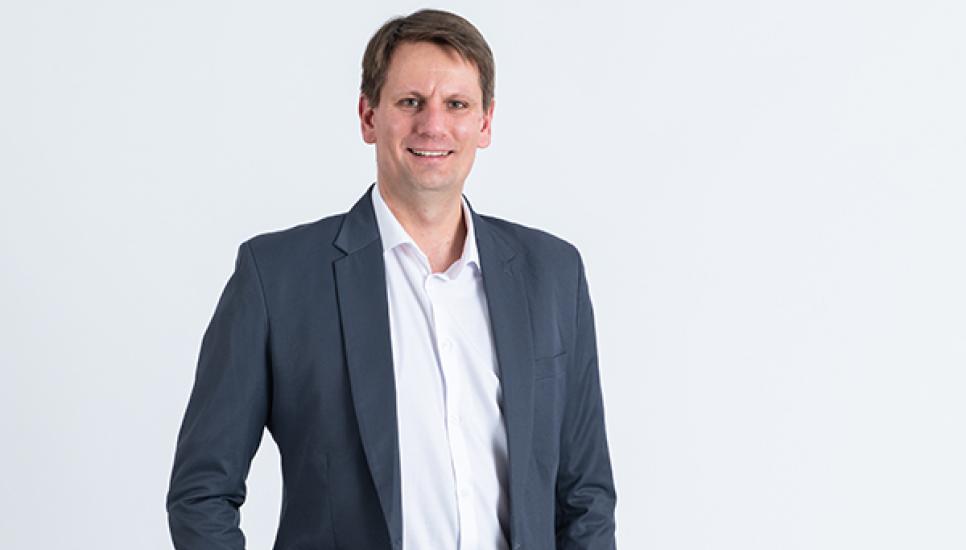Enhancing human capital in business families: Creating a culture where everyone has a voice

There are widespread and ongoing discussions among family businesses about thepotential roles and contributions of next-generation family members. In some cases, this is the result of impending succession decisions and the need for a smooth transition from one generation to the next. But, in other cases, younger family members aren’t waiting for formal transitions. They’re focused on contributing today to aworld that will still be sustainable in 100 years' time.
A recent KPMG Private Enterprise article entitled “Redefining wealth in business families”describes this new reality in terms of how business families are revisiting the concept of wealth, and diversifyingtheir human, social and financial capital as part of that new definition.
With digital, environmental and social agendas presenting new growth opportunities, business families are enhancing the human and social capital that is embedded in the family’s purpose and values and has continued to grow with every generation. Now, by actively engaging next-generation family members – especially Gen Z and Millennials – business families have access to a fresh mindset and a diverse range of interests and capabilities that can contribute to the long-term sustainability of their business.

Giving everyone a voice
The human capital of the family – their collective skills, knowledge, creativity and experiences – are sources of value-creation, providing each generation with the opportunity to learn from the one that precedes it as well as the one that follows.
Having grown up in the arms of a business family, the values and beliefs of each generation have likely been very similar. However, their perceptions about opportunities for the future of the business in a rapidly changing technological era may be substantially different. Every generation has its own ideas, priorities and ambitions for the future, and the opportunity to contribute their voice to succession discussions, environmental and social issues and long-term strategic decisions is now a necessity.
In some cases, as many as three generations may be involved in the business, and active two-way communication channels up and down the company and throughout the family empower generations to contribute their ideas, ask questions and pose appropriate challenges to the decisions and actions that the family and the business are taking.

Empowered conversations
For senior leaders who are transitioning their businesses, the need to open up these empowered conversations are often related to questions related to, “How can I make sure that the family recognises and appreciates the next-generation’s direction of travel and continues to contribute to our social capital?”
For next-generation leaders who may be new to guiding the business, the question is more likely to be “How can I protect the culture and values of the family – the very foundation of our business and our family’s non-financial wealth – while also moving forward in new directions to sustain our growth and prosperity?”
In both instances, expanding the family’s communication channels and opening the door to a diversity of views, capabilities and experiences is not only empowering, but can also lead to better decision-making.

Here are a few suggestions for getting these empowered conversations started…
- Frame a strong family constitution to define the roles and responsibilities of everygeneration based on their shared purpose and values. By doing so, each can commit to a set of objectives that every family member wants to achieve by being in business together or by using the family’s shared capital to invest in new opportunities.
- Create opportunities for family members to define a shared dream, values and philosophy for the business, the family and the family’s wealth.
- Promote the involvement of next-generation family members – particularly tech-savvy Millennials and Gen Z – to introduce new skills and capabilities for the business of the future and strengthen the family’s socioemotional wealth.
- Where appropriate, continue to build your family’s human capital by encouraging next-generation family members to work outside the family business to gain exposure to other business cultures, new markets and learn new skills that may be beneficial to the family business in the future.
I would be very interested in hearing how human and social capital may be contributing to the success of your business and how your family is redefining wealth. Please feel free to contact me at any time to share your ideas at creagh.sudding@kpmg.co.za






